PTFE Digestion Vessel Tube/ PTFE Reaction Container
$26.00 – $293.00Price range: $26.00 through $293.00
Type: PTFE Digestion Vessel Tube/ PTFE Reaction Container
Material: 100%PTFE
Feature: Resistant to strong acids, strong alkalis and low adhesion
Customization:available
Item NO.: S25915225
Our PTFE digestion vessel is a high-performance reaction container designed for safe and efficient sample digestion for atomic absorption spectroscopy (AAS), ICP-MS, and ICP-OES. This robust acid digestion bomb is manufactured from high-purity PTFE, offering exceptional resistance to extreme temperatures and aggressive acids, including hydrofluoric acid.
The unique design enables secure high-pressure closed-vessel digestion, preventing sample loss and contamination while ensuring complete homogenization. This PTFE digestion vessel tube is ideal for digesting complex organic and inorganic matrices in environmental, geological, food, and pharmaceutical testing. It guarantees low metal blank values, which is critical for achieving accurate and reliable trace metal analysis results. The vessel is an essential tool for laboratories requiring reproducible sample preparation under stringent conditions.
Key Features:
-
Manufactured from high-purity PTFE
-
Withstands high pressure and temperature
-
Exceptional resistance to all acids
-
Ideal for closed-vessel acid digestion
-
Ensures contamination-free sample preparation
Excellent Chemical & Physical Properties:
Extremely strong chemical inertness (the core advantage)
PTFE is known as the “plastic king” and hardly reacts with any known strong acids, bases, oxidants, organic solvents, etc.
Tolerant reagents include aqua regia, hydrofluoric acid (HF), hot concentrated sulfuric acid, nitric acid, hydrochloric acid, chromic acid, various organic solvents (such as acetone, benzene, alcohols), etc.
This feature ensures that the stored samples are not contaminated by the container and also guarantees that the container itself is not corroded.
Extremely low leaching and adsorption of metal ions
The surface of PTFE is smooth and dense, and it hardly adsorbs trace elements and components in the sample.
The content of self dissolved metal ions is extremely low, which is crucial for trace analysis (such as ICP-MS, ICP-OES, AA, etc.), effectively avoiding background contamination and ensuring the accuracy of analysis results.
Excellent thermal stability
It can usually be used for a long time within the temperature range of -200 ° C to+260 ° C.
Short term tolerance to higher temperatures (such as 300 ° C) makes it suitable for hydrothermal reactions, high-temperature digestion, or high-temperature sample storage.
Excellent non stickiness and surface smoothness
The surface friction coefficient is extremely low, does not adhere to any substances, is easy to clean and pour out viscous reagents, and there will be no residue.
High purity and good electrical insulation
| Weight | N/A |
|---|---|
| Capacity-G | 20ml, 50ml, 100ml, 200ml, 250ml, 500ml |

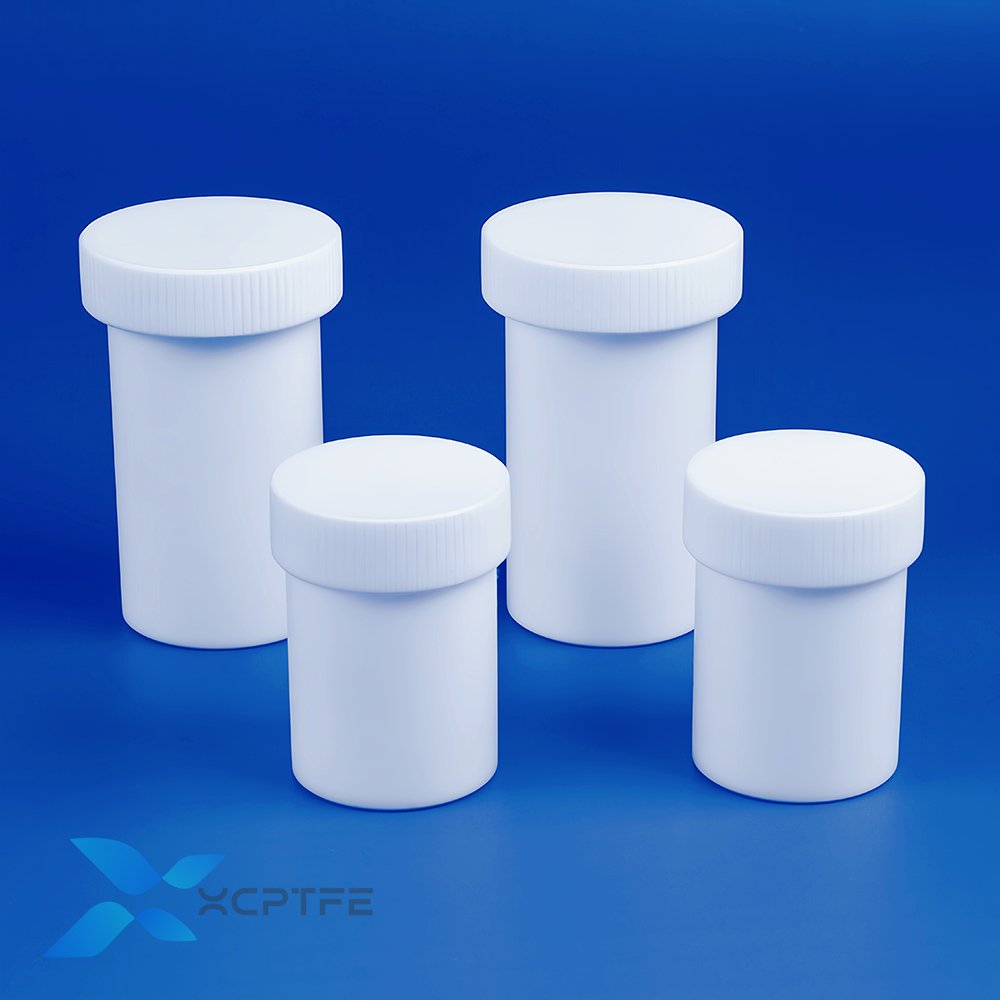
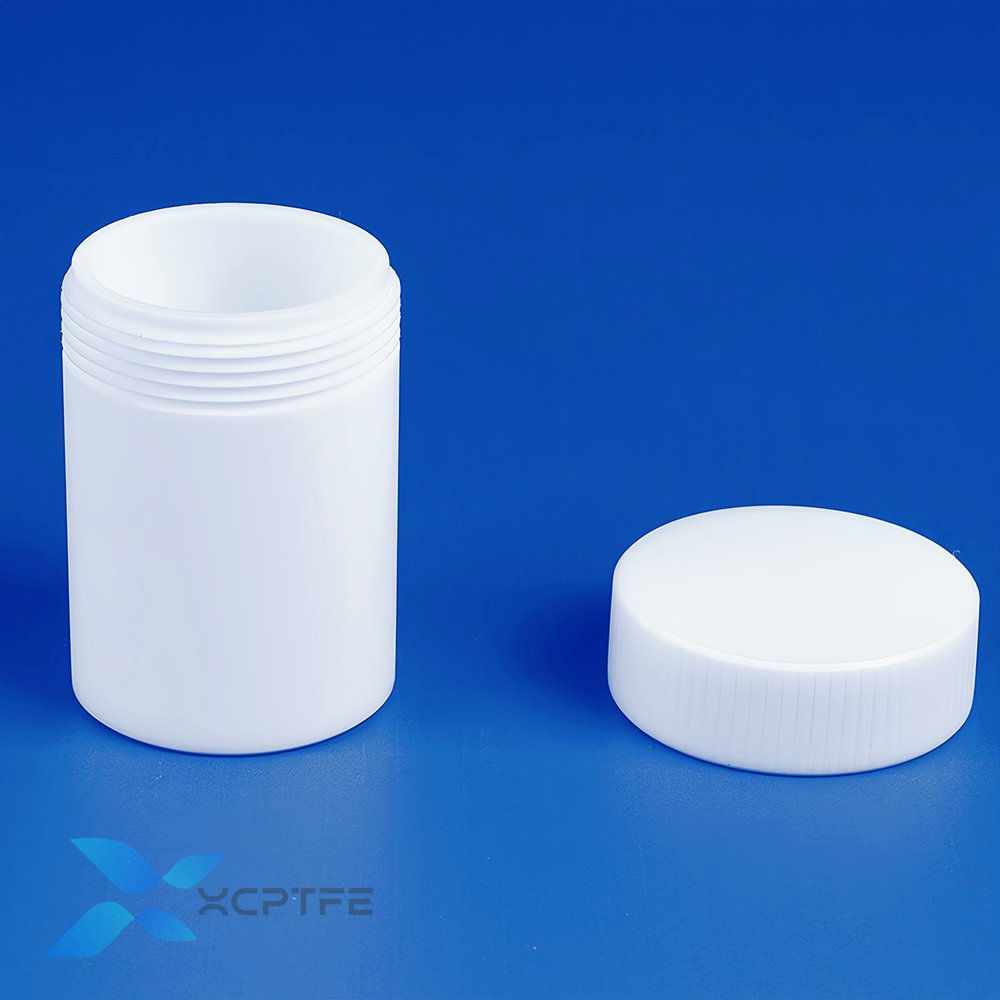
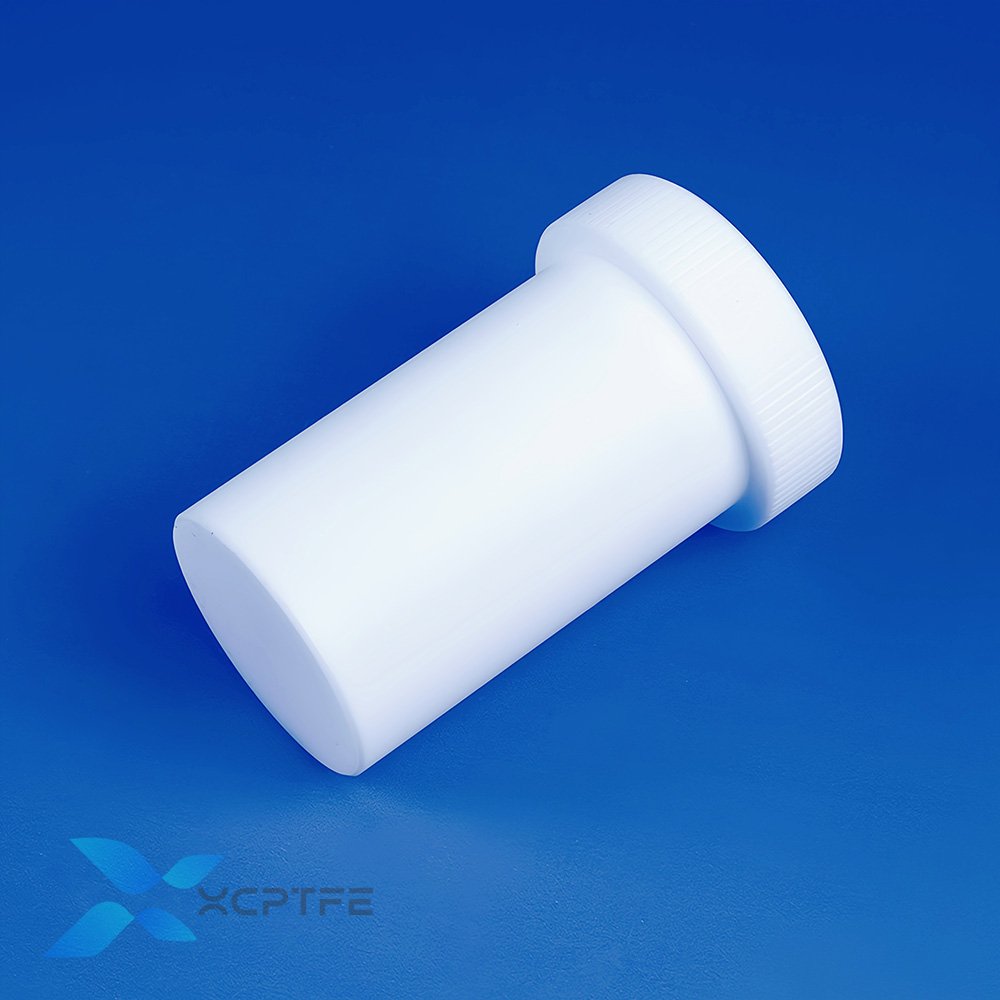
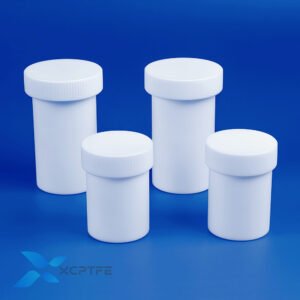
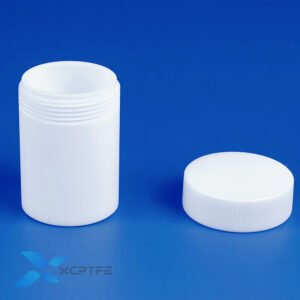
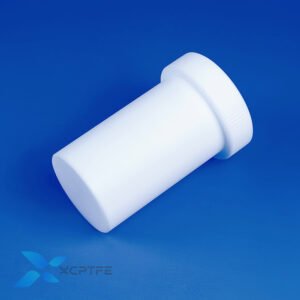


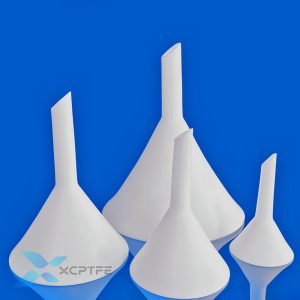
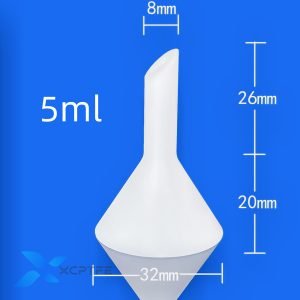
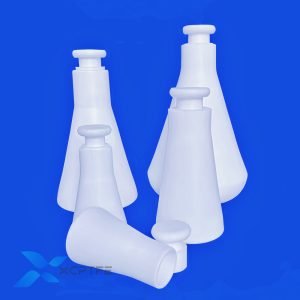
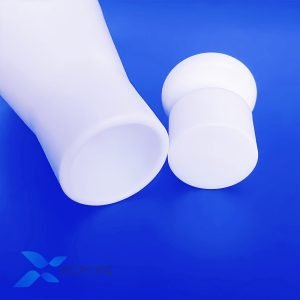
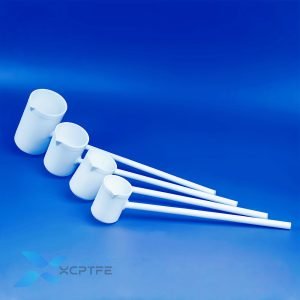
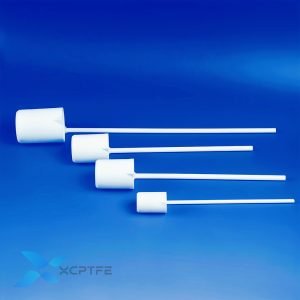
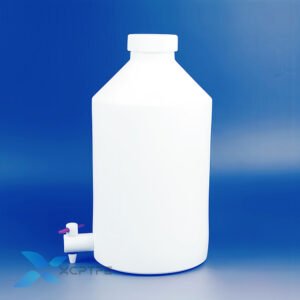
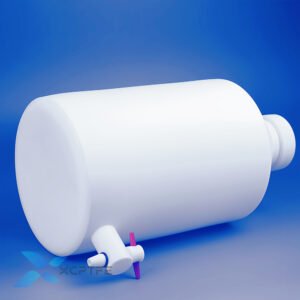
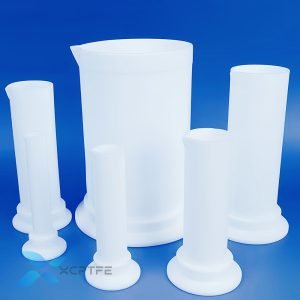
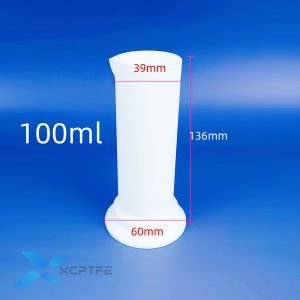

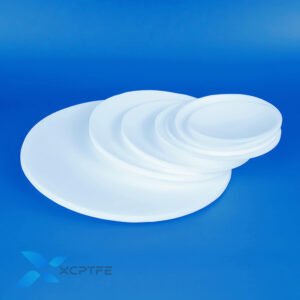
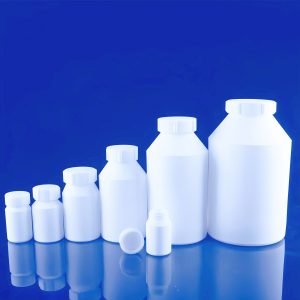
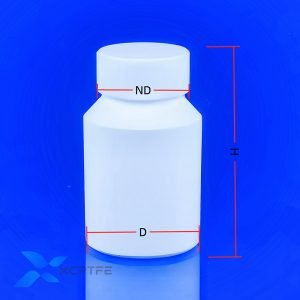


Reviews
There are no reviews yet.